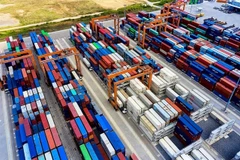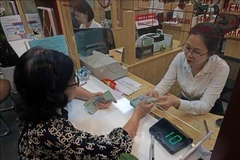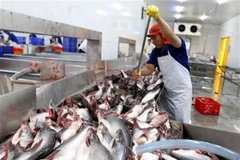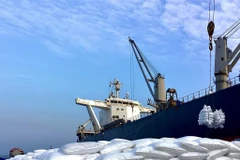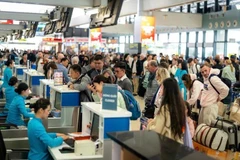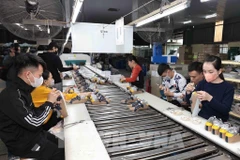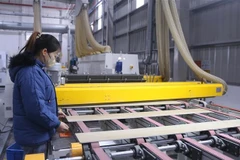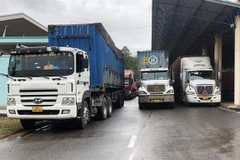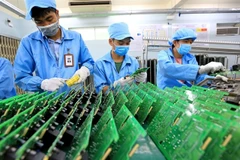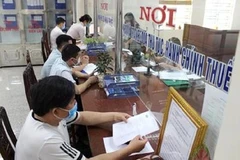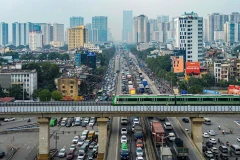Vietnam has set itself a target of increasing the ratio of processed coffeefrom the current 10 percent to 30-40 percent by 2030 to add value.
Dr Nguyen Do Anh Tuan, director general of the Ministry of Agriculture andRural Development’s international cooperation department, said Vietnam is theworld’s second largest coffee exporter and tops in robusta production andexport, with about 1.5 million tonnes of coffee exported each year, fetching 3.5billion USD.
But the exports remain in the form of unprocessed beans with little valueaddition, he said.
To improve this situation and develop the industry in a sustainable manner, thesector plans comprehensive measures such as expanding processing, buildingbrands for its products and strengthening linkages in the value chain, he said.
Luong Van Tu, chairman of the Vietnam Coffee and Cocoa Association,said coffee exports in the 2018/19 crop were 1.7 million tonnesworth 3 billion USD, a year-on-year decrease of 2.9 percent in volume and 14.4percent in value.
Exports of roasted, soluble and mixed coffee accounted for 8 percent, he said.
“More and more local and foreign firms are investing in roasted and groundcoffee and soluble coffee,” he said.
There are over 620 roasted coffee factories with a capacity of over 73,000tonnes a year, he said.
Soluble coffee factories have a capacity of over 47,000 tonnes a year, withsome new ones being set up by companies like TATA Group (India), Tin NghiaCorp and Intimex, he said.
Foreign investors are increasingly investing in processing to take advantage ofthe plentiful availability of premium coffee, a large domestic market with apopulation of 97 million, and tax breaks through 40 free trade agreements thecountry has signed.
“Processed coffee enjoys preferential tariffs of from 0 to 5 percentwhen exported to markets that have FTAs with Vietnam,” he said.
Coffee consumption has increased significantly in the domestic market thoughper capita consumption remains low compared to the world’s average, he added.
Do Ha Nam, chairman and general director of Intimex Group, said:“Local and foreign firms continue to invest in soluble coffee plants and coffeeshop chains.”
Local coffee shops and chains continue to gain its popularity and expand, hesaid.
“Domestic coffee consumption is expected to increase by 5-10 percent a year.Exports of instant coffee will continue to grow rapidly.”
Nam said around 200,000metric tonnes of green bean robusta and arabica are sold in the domesticmarket, mostly to soluble coffee plants for processing.
Nam said Vietnam’s robustaproduction in the 2019-20 crop is expected to be unchanged or increase by 5 percent.
The harvest would bedelayed due to the weather and lack of labour and high labour cost, but thecoffee would be of good quality, he added./.




